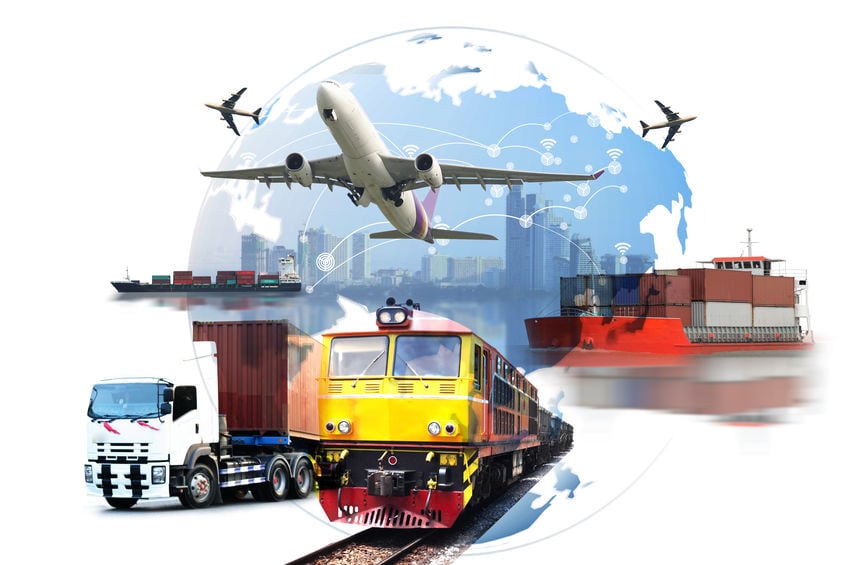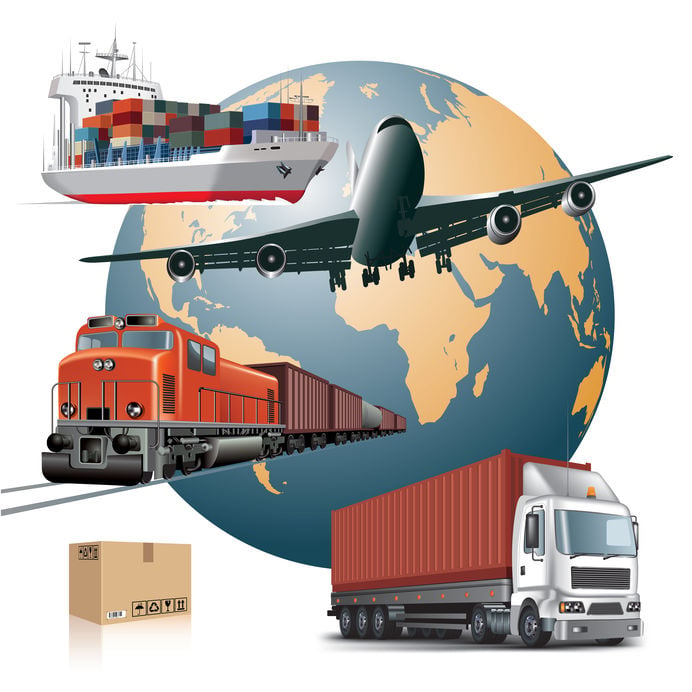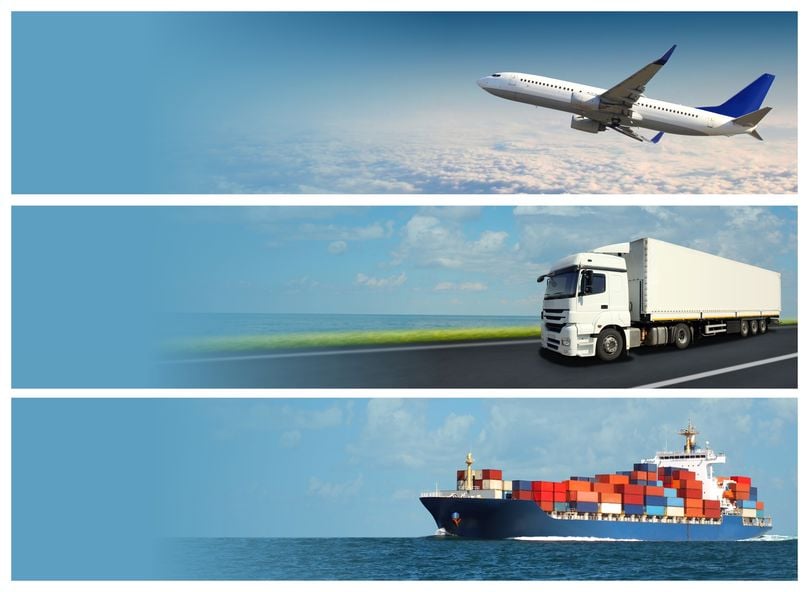We share hands-on advice for everyday trade and logistics challenges. Access insights and actionable strategies that drive certainty, continuity, and compliance across your operations.
Working with rising transportation costs and capacity issues

Rising fuel costs. Emission-reduction regulations. Peak season surcharges and capacity crunches. Across modes and all over the world, importers are working hard to balance competing priorities: keeping their supply chains moving quickly while protecting their profit margins.
Logistics 101: Freight

International shipping and freight is a complicated business. When moving goods over land, sea, and air, there are a lot of moving pieces and a lot of industry-specific terminology that can be confusing. We’ve put together a brief introductory guide to help you navigate the real basics of freight.
IMO2020: How the new sulphur emissions cap impacts you

IMO2020 refers to a new mandated decrease of sulphur in fuel oil which came into effect for the shipping industry January 1, 2020. The mandate calls for a decrease in sulphur to 0.5% m/m (mass by mass).
How climate change is affecting supply chains

At the end of April, 110 shipping companies signed a letter calling for mandatory slow-steaming to be adopted by the International Maritime Organization’s (IMO) greenhouse gas (GHG) working group. The letter did not include the signatures of any container carriers, and has created quite a stir. There are ongoing.
Working with a Freight Forwarder: Part 2

Last week, we shared eight great reasons to choose a freight forwarder instead of working directly with a carrier to move your shipments. This week, we dive deeper into the work a freight forwarder does before your shipment even leaves your warehouse.
8 Reasons To Choose A Freight Forwarder

When you’re moving a shipment, it may be tempting to go directly to a carrier rather than working with a freight forwarder. What added value does a forwarder bring? Here are eight great examples.
7 Strategies to Reduce Shipping Costs

Reducing shipping costs is always top of mind when your business relies on moving goods. Whether you’re shipping within one country, across the border, or across the ocean, here are Cole’s top strategies to reduce shipping costs.
Making Incoterms Work for You

What are Incoterms? Published by the International Chamber of Commerce and recognized by governments, legal authorities and companies worldwide, Incoterms (or “Incoterms rules” or International commercial terms) are three-letter codes that convey the tasks, costs, responsibilities and risks associated with the.
6 Ways to Prepare Your Business for the Chinese New Year

Chinese New Year, a major holiday for over a billion people, is just around the corner. And the impacts of the holiday will affect every international supply chain.

